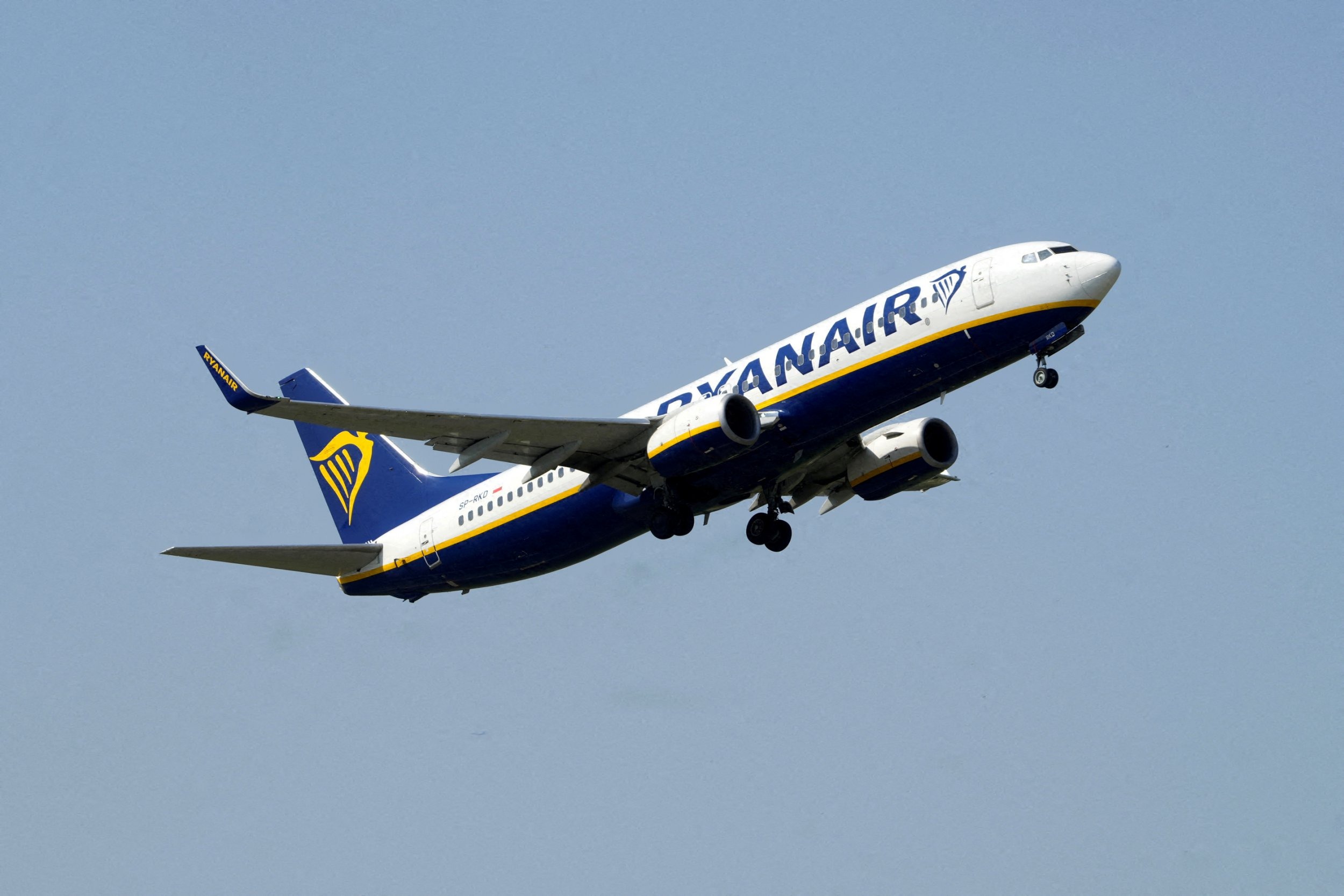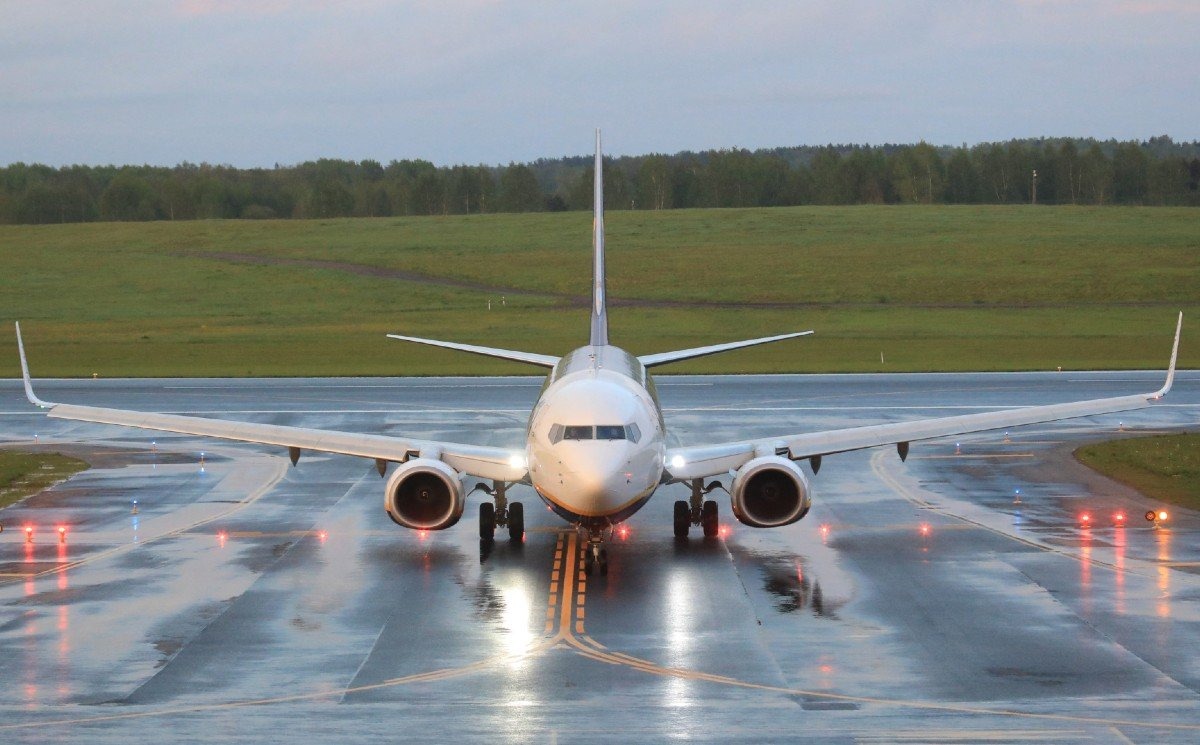According to flight-log data from (link unavailable), planes flying over the Baltics between August 2023 and March 2024 reported a staggering 46,000 instances of satellite navigation problems. Many of these incidents are believed to have been caused by intentional jamming and spoofing attacks, which can have serious consequences for aircraft navigation.
Jamming occurs when intentional radio frequency interference prevents planes from accessing satellite signals, making the global navigation satellite system (GNSS) “ineffective or degraded,” according to the European Union Aviation Safety Agency (EASA). On the other hand, spoofing involves sending false satellite signals to deceive GNSS receivers and cause them to compute incorrect position, navigation, and timing data.
The Sun reported that in some cases, planes even swerved around objects that weren’t there, highlighting the potential dangers of these attacks. The Sun and The Guardian suspect Russia’s involvement in GPS jamming attacks, which could have far-reaching consequences for air travel.

According to The Sun, Estonia, Latvia, Lithuania, Poland, Turkey, and Cyprus are all at high risk of these attacks. Between August 2023 and March 2024, over 2,300 Ryanair flights and more than 1,350 Wizz Air flights reported severe problems in the Baltic region. The frequency of navigation problems skyrocketed from fewer than 50 a week last year to over 350 a week last month.
In March, a Royal Air Force plane carrying UK Defense Secretary Grant Shapps experienced temporary GPS jamming when it flew close to Kaliningrad, a Russian exclave in the Baltics. This incident highlights the growing concern about GNSS attacks.
The EASA has noted a “sharp rise” in attacks on GNSSs, which have “increasingly threatened the integrity” of positioning, navigation, and timing services across Eastern Europe and the Middle East. The uptick in jamming and spoofing incidents started in February 2022, the month Russia invaded Ukraine and has particularly affected areas surrounding conflict zones.

However, the UK Civil Aviation Authority (CAA) downplayed the risks, stating that GPS is just one part of the navigation system used by aircraft. Jamming and spoofing near conflict zones are primarily by-products of military activity, not deliberate actions, according to the CAA.
Airlines have also responded to the issue, with Ryanair stating that all airlines have been affected by a rise in intermittent GPS interference in recent years. Wizz Air declined to comment.
Despite these reassurances, the incidents highlight the growing concern about GNSS attacks and their potential impact on air travel. As the EASA continues to monitor the situation, airlines and aviation authorities must remain vigilant to ensure the safety of passengers and crew.


